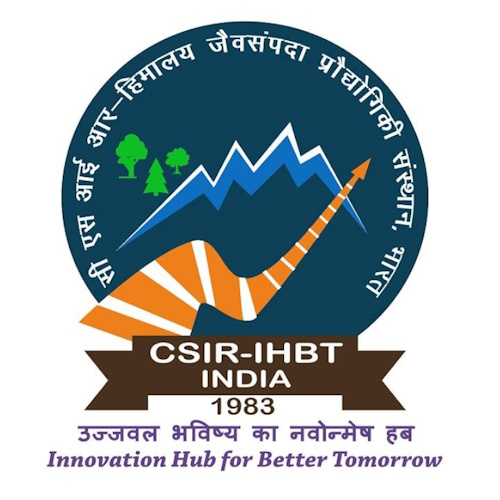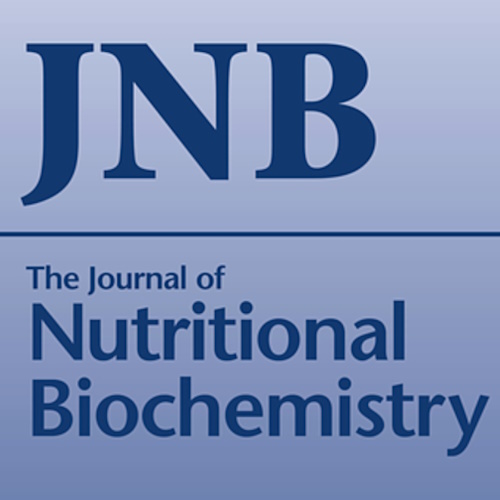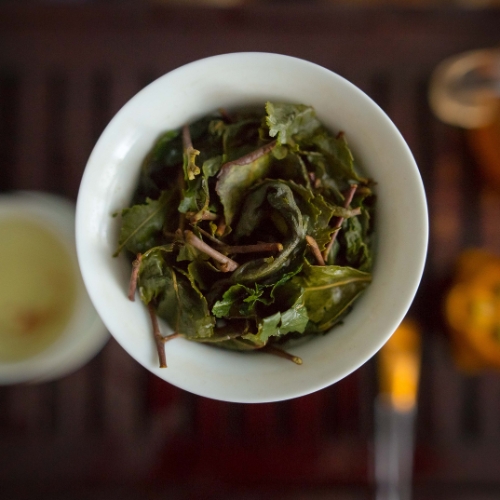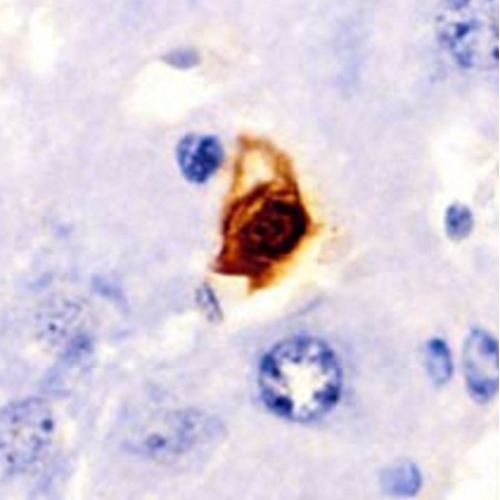Our bodies naturally decline with age: cells deteriorate, repairs slow, and age-related diseases become more likely. Scientists are exploring ways to slow this process, including looking at the impact of diet and lifestyle.
Green tea, a popular beverage with known health benefits, is under close scrutiny. It's packed with compounds that promote health, and one in particular, Epigallocatechin Gallate (EGCG), stands out. This natural antioxidant shields cells from damage, a process linked to aging. It even helps combat oxidative stress, a major factor in aging, and reduces inflammation, which contributes to chronic age-related diseases.
What's exciting is the link between green tea and health benefits observed in studies. Regular green tea drinkers seem to have a lower risk of age-related conditions like heart disease, certain cancers, and type 2 diabetes. This connection hints that green tea's components might influence longevity by protecting the body from molecular damage associated with aging.
In a recent study, researchers have unveiled the remarkable health benefits of long-term consumption of green tea, specifically focusing on EGCG.
About the research
The study was carried out using mice as subjects. Mice are frequently used in scientific research due to their genetic similarities to humans and their well-understood biology, which makes them ideal candidates for studying human diseases and aging.
To accurately measure the effects of EGCG, the mice were divided into two main groups. One group, the control group, did not receive any EGCG, serving as a baseline to compare against. The other group, the experimental group, was given a specific amount of EGCG in their drinking water, allowing the researchers to observe the effects of this compound directly.
The study was conducted over a significant period to ensure that the long-term effects of EGCG consumption could be observed. This timeframe is crucial for understanding how EGCG influences aging processes over an extended period.
Throughout the study, researchers closely monitored the health and aging markers in the mice. This included tracking changes in physical health, signs of aging in various tissues, and overall lifespan. Special attention was given to markers of oxidative stress and inflammation, two critical factors in the aging process.
Recognizing the role of gut health and immune function in aging, the study also assessed how EGCG consumption affected the gut microbiome—the collection of microorganisms living in the digestive system—and immune system health. This aspect of the research highlights the interconnectedness of diet, gut health, and aging.
The final step involved collecting data from the various assessments and analyzing it to draw conclusions about EGCG’s impact on aging. By comparing the health outcomes of the EGCG-treated group with the control group, researchers were able to identify any significant differences attributable to EGCG consumption.
The results are promising
The study reports several key findings on the impact of EGCG:
These outcomes not only highlight the potential health benefits of EGCG but also offer insights into how we might combat the aging process. Here's a breakdown of the key findings in simple terms:
1. Slowed Aging Across Various Tissues
One of the most remarkable discoveries of this study is that long-term consumption of EGCG can slow down the aging process across different tissues in the body. This suggests that EGCG doesn't just target one part of the body but has a widespread effect, potentially contributing to an overall increase in health span and quality of life as we age.
2. Improved Gut Health
The research found that EGCG has a positive impact on gut health. It appears to promote a healthier gut microbiome, which is crucial for digestion, immunity, and overall health. A healthy gut can help reduce inflammation and protect against various diseases that commonly occur as we age.
3. Enhanced Immune Function
Another significant finding is the enhancement of immune function in subjects consuming EGCG. With aging, the immune system tends to weaken, making it harder to fight off infections and diseases. The study suggests that EGCG can help bolster the immune system, keeping it more robust even as we age.
4. Reduction in Senescent Cells
Senescent cells are cells that have stopped dividing and can contribute to aging and age-related diseases. The study showed that EGCG consumption can lead to a reduction in the accumulation of these cells across various tissues. By clearing out senescent cells, EGCG might help delay the onset of age-related conditions and promote a healthier, longer life.
5. Potential for Extending Lifespan
While the primary focus was on health span, the findings also hint at the potential for EGCG to extend lifespan. By tackling the mechanisms of aging at a cellular level, improving gut health, boosting immune function, and reducing senescent cells, EGCG could contribute to not just a longer life, but a healthier one as well.
What does this mean?
This groundbreaking study not only highlights the potential of EGCG in combating aging but also emphasizes the importance of diet in managing health span and longevity. The findings suggest that incorporating green tea into one's diet could be a simple yet effective strategy towards achieving a healthier, longer life.
Acknowledgments and Credits
This research was led at the Academy of Scientific & Innovative Research, Dietetics & Nutrition Technology Division, CSIR-Institute of Himalayan Bioresource Technology, Palampur, India. The findings were published in the Journal of Nutritional Biochemistry, highlighting the collaborative effort and dedication of the researchers involved.






